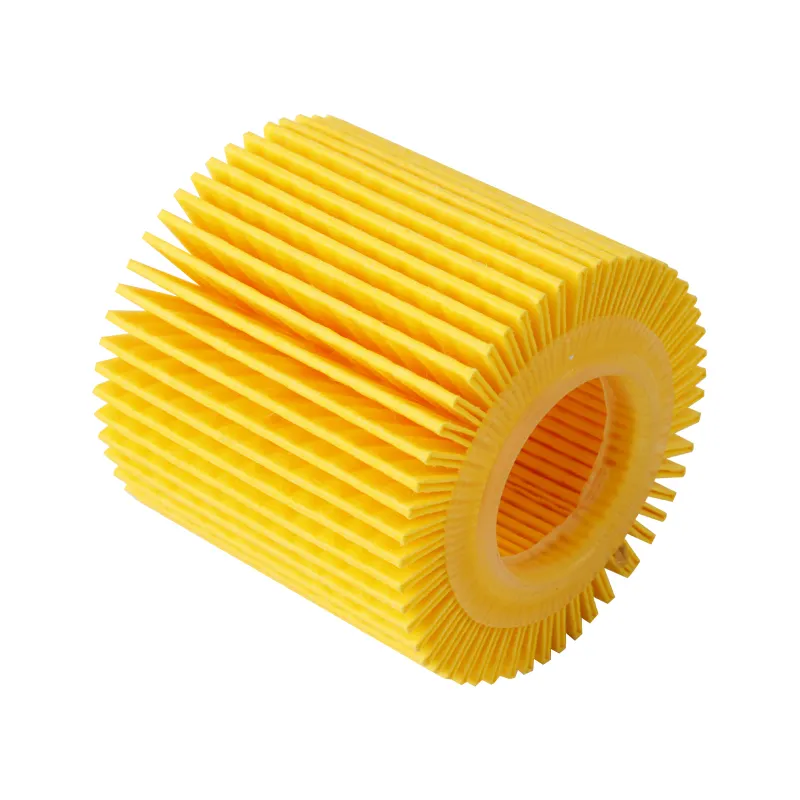Dec . 02, 2024 02:36 Back to list
Understanding the Function of Oil Filter Check Valves in Engine Performance
Understanding the Oil Filter Check Valve Its Importance and Functionality
In the realm of automotive maintenance and performance, the oil filter check valve plays a crucial role that is often overlooked by many vehicle owners. Maintaining the efficiency and longevity of an engine is not just about regular oil changes; understanding the components that aid in this process is equally vital. Among these components, the oil filter check valve stands out with its specific functions and benefits.
What is an Oil Filter Check Valve?
An oil filter check valve, as the name suggests, is a one-way valve installed within or near the oil filter of an engine. Its primary purpose is to ensure that oil flows in the correct direction while preventing backflow. This innovation is particularly beneficial in maintaining oil pressure, especially during periods of engine idling or when the engine is turned off.
When the engine is started, the oil pump circulates oil through the entire engine. However, when the engine is turned off, the oil can drain back into the oil pan, leading to a momentary loss of oil pressure upon the next startup. The check valve helps prevent this backflow, ensuring that a sufficient amount of oil is available in the filter upon restart. This quick access to oil helps lubricate engine components rapidly, reducing wear during the crucial moments after ignition.
Why is the Oil Filter Check Valve Important?
1. Maintaining Oil Pressure The oil filter check valve plays an essential role in maintaining consistent oil pressure. Oil pressure is vital for ensuring proper lubrication of engine components; even brief instances of low oil pressure can lead to significant wear and tear on the engine.
oil filter check valve

2. Minimizing Engine Wear By keeping oil from draining back into the oil pan, the check valve minimizes dry starts. A dry start occurs when an engine is started without adequate oil circulation. This can lead to serious engine damage over time as metal components rub against each other without the necessary lubrication.
3. Enhancing Engine Performance Consistent oil supply ensures that all engine components function optimally. This leads to improved overall performance, better fuel economy, and can even enhance the lifespan of the engine.
4. Filter Efficiency The check valve aids in ensuring that oil remains in the filter, where contaminants can be trapped effectively. This enhances the efficiency of the oil filter, allowing it to perform its job better when the engine is in operation.
Common Issues with Oil Filter Check Valves
Despite their benefits, oil filter check valves are not infallible. Over time, they can become clogged with debris, wear out, or fail to seal properly. A malfunctioning check valve can lead to a host of problems, such as low oil pressure, increased engine wear, and even engine damage. Therefore, it's crucial to monitor engine performance and maintain a regular oil change schedule, which includes inspecting and replacing the oil filter and check valve when necessary.
Conclusion
The oil filter check valve may be a small component within the vast machinery of an engine, but its importance cannot be overstated. Understanding its function and ensuring its optimal performance is key to maintaining an engine’s health and longevity. For vehicle owners, it’s a reminder that good maintenance goes beyond just routine oil changes. Checking the oil filter system, including the check valve, should be part of a comprehensive approach to automotive care. Paying attention to such details can make a significant difference in the overall performance and lifespan of a vehicle, ensuring smooth rides and reliable operation for years to come.
-
Toyota Corolla Hatchback Cabin Air Filter – High Efficiency & Easy Installation
NewsJul.08,2025
-
Premium Canister Fuel Filter Supplier High Quality Oil Filtration Solutions
NewsJul.08,2025
-
Premium Car Filter Oil Solutions Leading Car Oil Filter Exporter Hyundai Car Oil Filter Exporters
NewsJul.08,2025
-
Buy 17x21x1 Air Filter – Improve Air Quality & HVAC Efficiency Affordable Air & Cabin Air Filter Cost
NewsJul.07,2025
-
High-Performance Filter Element Fuel – Durable, Efficient & Cost-Effective Solutions
NewsJul.07,2025
-
High-Quality Engine Filter and Cabin Filter for Superior Airflow Affordable Cabin and Engine Air Filter Cost
NewsJul.07,2025


